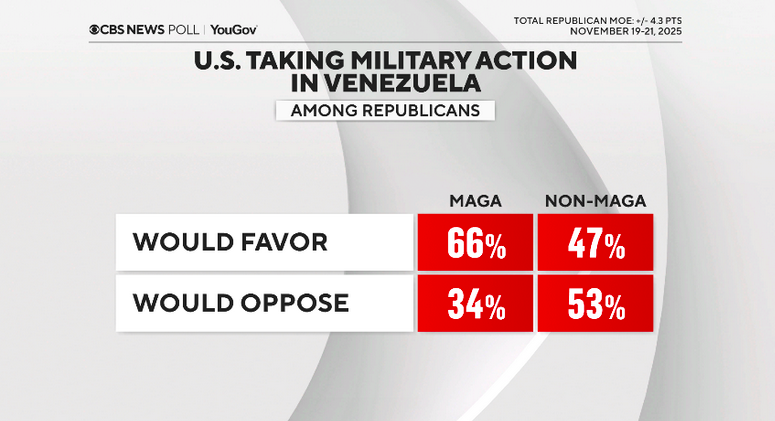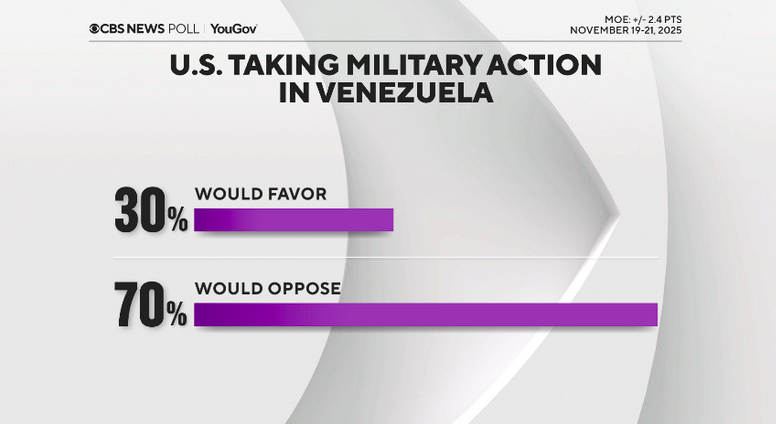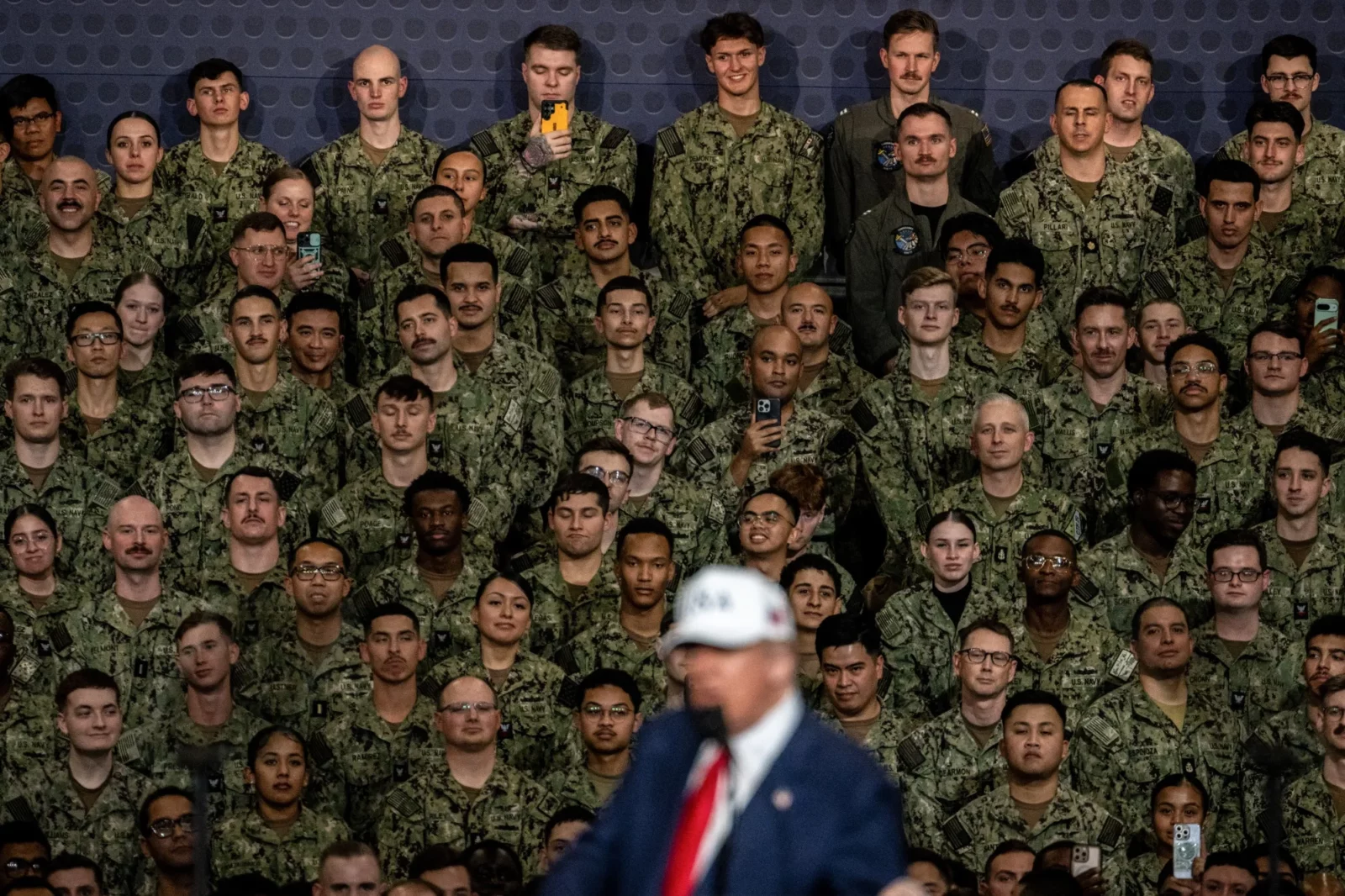The US president demanded death penalty for members of the US Congress.
The US president demanded death penalty for members of the US Congress.
Eyes are on US president Trump’s possible aggression against Venezuela. But the real news are rather in Washington than in Caracas. The Maduro government appears completely stable, while the Trump regime is being shaken.
Take a look at what happened in both capitals over the weekend: Caracas and the rest of Venezuela have conducted a referendum, with thousands of Venezuelans voting on community policy issues.
Shocking news came up north: In Washington, US President Donald Trump demanded the death penalty to US Congress members. Also in connection to his policies towards Venezuela.
On November 20, 2025, President Donald Trump published a series of posts on his platform Truth Social targeting six Democratic lawmakers. He accused them of “seditious behavior” and wrote, “SEDITIOUS BEHAVIOR, punishable by DEATH!” He also called for their arrest and trial, writing, “Each one of these traitors … should be ARRESTED AND PUT ON TRIAL.” In addition, he reshared a supporter’s post stating: “Hang them George Washington would !!”

Trump’s remarks came in response to a video published by six Democratic lawmakers — all of whom have military or intelligence backgrounds — in which they urged U.S. service members and intelligence personnel to refuse “illegal orders.” In the video, the Democrats argue that service members have a constitutional duty: “No one has to carry out orders that violate the law or our Constitution.”

In a joint video, the lawmakers primarily criticize the deployment of military to US cities and the danger of US soldiers firing upon citizens. But at least some of them, such as Senator Elissa Slotkin, have also been critical of US military deployment to Venezuela’s coast. Slotkin reminded that US soldiers were given unlawful orders in Vietnam, and judged for that later.
Specifically, the bombing of small boats in the Caribbean has been criticized as illegal execution. Similarly, the lawmakers say they are not being well-informed about the administration’s policies regarding the Venezuelan government.
In an interview with ABC, Slotkin said she served in Iraq, and says policies of regime change failed. She also stated that the American people are tired of endless wars.
From Trump’s perspective, these lawmakers were undermining the chain of command and possibly encouraging disobedience within the military — which, in his framing, warranted the most severe legal punishment.
Trump’s defense
After the backlash, Trump denied he was making a literal threat to execute these members of Congress. In a radio interview, he said he was not “threatening death” but claimed they were “in serious trouble.”
He argued his comment about “punishable by death” referred to historical legal standards: “In the old days … that was punishable by death … That was seditious behavior.”
Democratic Response
Top House Democratic leaders — including Hakeem Jeffries, Katherine Clark, and Pete Aguilar — issued a strong statement condemning Trump’s remarks:
“We unequivocally condemn Donald Trump’s disgusting and dangerous death threats against Members of Congress … Political violence has no place in America.” Senate Democratic Leader Chuck Schumer called Trump’s posts an “outright threat,” warning that “the President of the United States is calling for the execution of elected officials.”
Senator Elissa Slotkin, one of the lawmakers in the video, pushed back directly: she refused to be intimidated and said they would continue to defend the Constitution.
Legal / Constitutional Context
Under U.S. law (specifically military law), service members are required to obey lawful orders, but they also have a duty to refuse orders that are clearly illegal or violate the Constitution.
Some analysts note that while “sedition” can carry very severe penalties, including in extreme cases under military law, applying the death penalty to sitting members of Congress raises serious constitutional, legal, and political questions.
Concerns About Political Violence
Many critics say Trump’s rhetoric dangerously normalizes political violence and threatens democratic norms.
There are fears that such language — even if Trump later says it’s not a literal threat — can embolden supporters or contribute to a polarized, hateful climate.
Some Democratic lawmakers have reportedly contacted the U.S. Capitol Police and the House sergeant-at-arms to ensure their safety, citing the risk created by Trump’s rhetoric.
Defections – around policies towards Venezuela and elsewhere
Meanwhile, there are defections from the Administration. The commander of the SOUTHCOM, the military command responsible for South America, has asked for his retirement by the end of the year – three years before time.
“If he (Trump) invades Venezuela or gives more money to Ukraine, his movement will dissolve”, said in an interview the Republican Senator Rand Paul.
Rep. Marjorie Taylor Green (R–Ga.), who was once one of the president’s strongest supporters, has announced her resignation. Her major justification was Trump’s position on the Epstein files, but she is also known for rejecting neocon policies.
Rand Paul might be wrong, as among republicans, those who belong to the MAGA movement are more favorable to an aggressive policy towards Venezuela. Still, the majority of both Republican voters and the American public consider Venezuela a “minor threat” and oppose any military action towards the country.

In Venezuela, meanwhile, may are worried that Trump maneuvered himself into a situation without a chance to step back.

One thing is clear: Since Trump started his campaign against Venezuela, broadened it to include Colombia and Mexico, not only increased US isolation in the continent, but also became shaking the grounds of his own regime.

















Leave a Reply